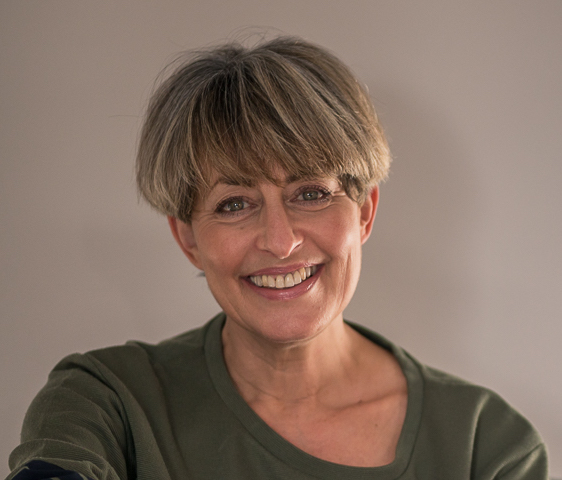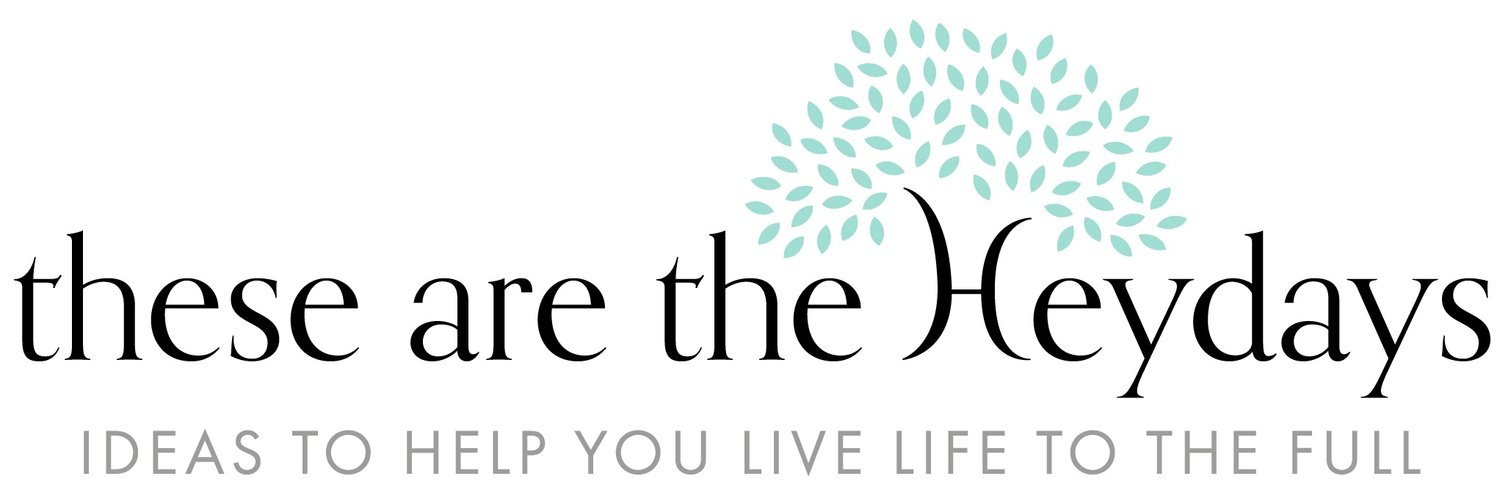International Women's Day, Iris Apfel and growing old(er)
Heydays is a place where I hope men feel as welcome, informed and entertained as women, so I don’t tend to write about subjects or issues that are specifically about, or aimed at, only women (my yearly post about the Women of the Year Lunch being an annual exception). And although the impetus for this comes from the fact that I’m posting it on International Women’s Day 2024, and that it features the unforgettable Iris Apfel, it’s not fundamentally about either of those things.
Of course I welcome a day which gives us all the chance to recognise, celebrate and support the special women in our lives, the ones we admire and aspire to, the ones devoted to the causes and issues they believe in, the ones leading lives of determined dedication and service, and the ones contending with terrible threat and trauma. Anything that highlights the causes of inclusivity, and equality, challenges ingrained bias and raises awareness about discrimination and injustice can only be a good thing.
But we should also be using it as a moment to challenge another ingrained bias with just as much vigour. A bias that exists not only in society in general, but troublingly, within too many of us as individuals as well.
Which is where the magnificent Iris Apfel comes in.
Iris Apfel
As you will probably know, Iris, the fabulously flamboyant, unapologetically outspoken, wildly colourful icon and social media star, died this week aged 102. She was as beloved for her fiercely forthright proclamations as she was for her resolutely maximalist style. “More is more and less is a bore” she declared. “When you don’t dress like everyone else, you don’t have to think like everyone else”. “Get comfortable outside of your comfort zone.”.
Iris described herself as “the world’s oldest living teenager “ and a “geriatric starlet” and although she claimed to have no truck with social media “I think it’s too damn nosey. Who cares what you had for breakfast?”, at the time of her death she had over 3 million followers on Instagram and 300k on Tik Tok.
Iris Apfel
I wonder how many of those millions of people who were entertained and inspired by Iris and her irrepressible opinions and approach to life and style, knew anything about her life before she became, almost certainly, the world’s oldest influencer. (Should you be interested, along with her beloved husband, Carl, who himself died just days short of his 101st birthday, Iris ran a hugely successful interior design business which counted amongst its cliental no less than nine US Presidents.)
Because, here’s the thing - Iris only really came to wider attention and fame when the Costume Institute at The Metropolitan Museum of Art mounted an exhibition of her clothes in 2004. It made her an overnight sensation (“except my overnight was 70 years”, she joked in her memoir). She was 84 at the time. “Get old,” Iris would frequently say “but don’t get boring”. And boy did she follow her own mantra with indefatigable dedication.
Which brings me back to that ingrained bias. The one I think we need to be including in the list of societal challenges that events like International Women’s Day was created to highlight. One that women unquestionably face, but which applies to men as well. And that’s the bias of ageism and particularly our attitudes towards older people and getting older ourselves (the negative effects of ageism can be experienced by people of every age).
Where’s the value?
We all know, or at least we pay lip service to knowing, that getting older is a privilege. And certainly as we grow older ourselves, we inevitably know people close to us who haven’t been lucky enough to live the older lives we are fortunate enough to be experiencing. The question is are we, and society, valuing those precious extra years and making the most of them - whatever that looks like?
By way of example - at the time of writing there are over 900K unfilled job vacancies in the UK and yet the employment rate of people aged 50-64 has steadily decreased since 2019. Tribunal Statistics from the Ministry of Justice show that age discrimination tribunals in 2020 were up by 74% from 2019. And whilst a 2020 OECD report revealed that for every 10% share of older workers, productivity increases by 1.1.%., multi-generation workforces are still frustratingly few and far between, and older workers applying for jobs rarely make it through a company’s screening algorithm to get considered for an interview.
Age UK estimate there are 5 million grandparents over the age of 50 who provide regular childcare, worth an estimated £7.7bn annually to the UK economy. Over 1 million of these grandparents (22% of those over 50) stopped work or reduced their hours to provide regular childcare. Whilst another study found that 8.6 million retired over-65s were engaged in some kind of formal or informal volunteering in 2020/21, which equates to an economic value of £32.7bn.
Of course not everyone wants, or is able, to work, volunteer or do childcare, as they get older. Many see older age as a time to pursue their own interests and passions after a lifetime of working. And of course, that’s equally valid and important. But my point is, that whatever older age looks like to each of us, it and we should see ourselves as, and be, valued and appreciated.
Iris Apfel
We may not want to live our older lives with quite the bravado of Iris. But her example of unapologetic, authentic ageing and the attention and admiration she garnered, are striking lessons in the benefits of staying true to ourselves and our beliefs and principles, and just one - magnificently colourful - example of the myriad ways older people can play a part in, and benefit, society.
Other posts you’ll enjoy
Why we need to be more positive about ageing







